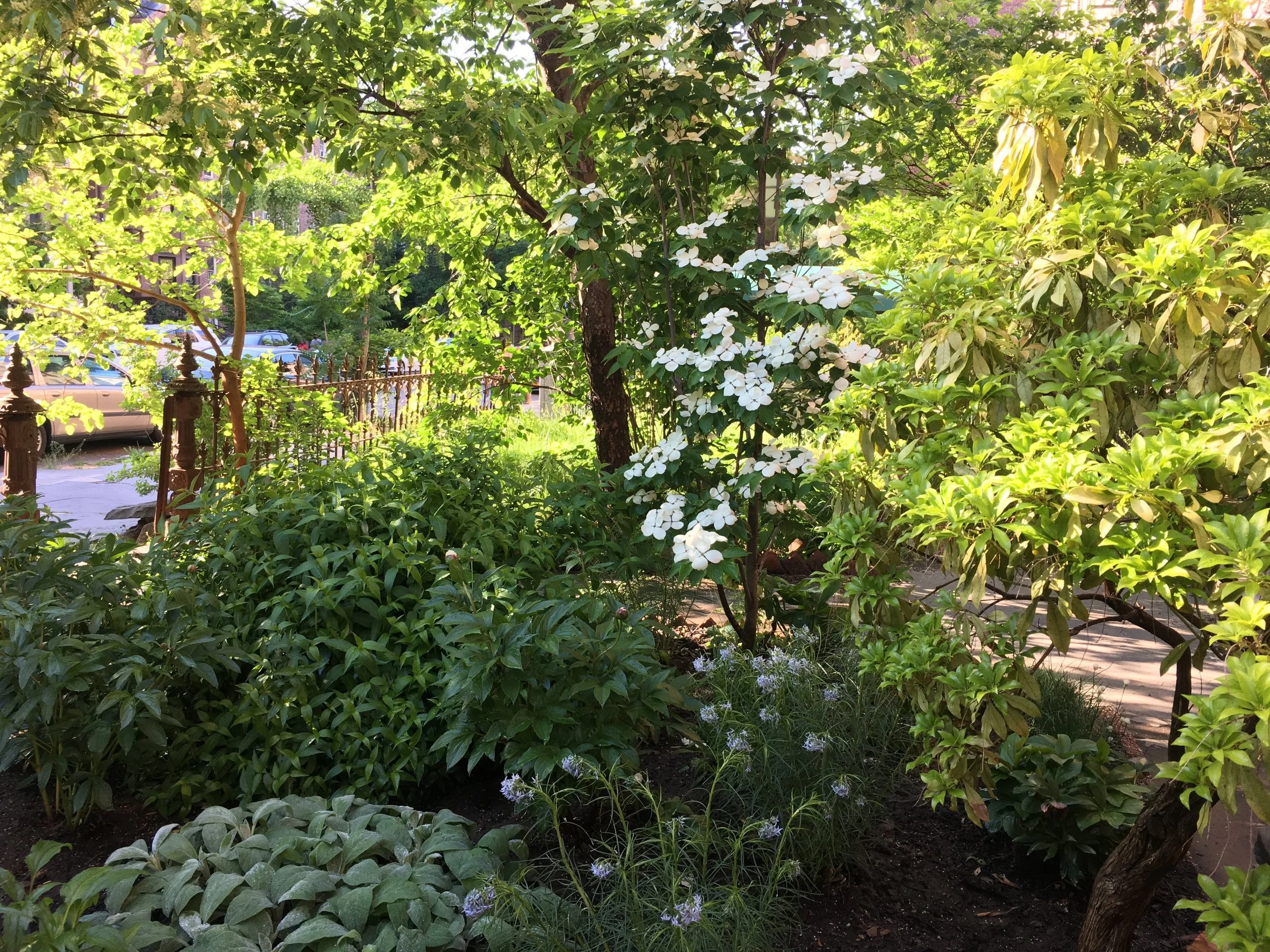We build divine gardens and resilient landscapes in service to our community and a shared future.
Which means we don’t gatekeep. Do you have a pressing question for the professionals?

Squirrel Nests
Squirrels play a critical role in the ecosystem as architects of the forest but it is, most precisely, their flaws that create their legacy. What can we learn from this ubiquitous rodent?

